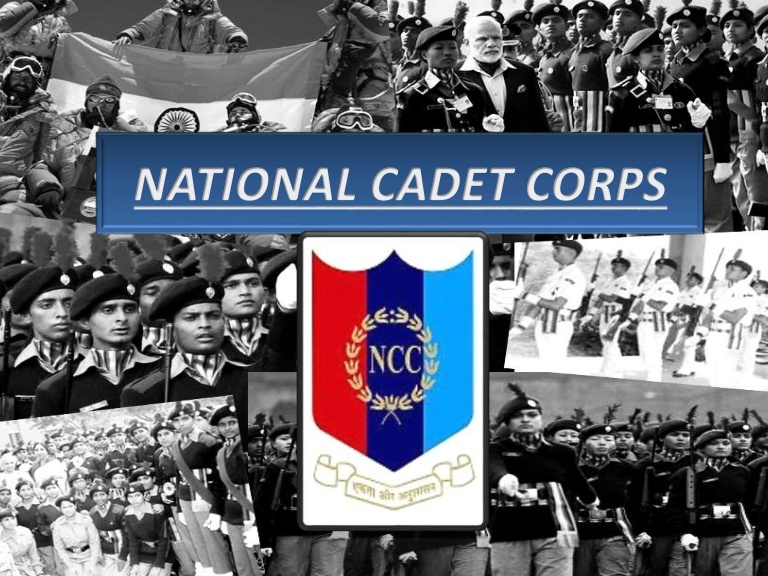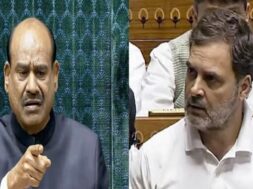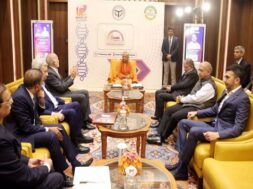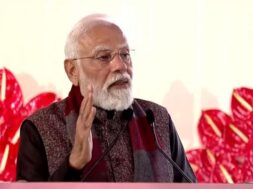
NEW DELHI, August 28: A mobile training application to support online training of National Cadet Corps (NCC) cadets in the country has been launched by the central government.
The app was launched by the Defence Minister Rajnath Singh via mobile conferencing.
Singh said the application was extremely informative as the cadets could get various information. “I also compliment and congratulate the DGNCC team for ideating and bringing the application to fruition,” he said.
Lt. Gen Rajeev Chopra, Directorate General NCC, said as a part of Digital India mission the NCC wished to assist the cadets in completing the syllabus. “They can view the visual content at their own pace during this pandemic and queries of any can be raised within the question-answer session provided in the app. As a part of the second phase in the approaching, months, we also wish to incorporate the physical training procedures adopted by the defence sector for the students to learn and practice<’ he added.
The Ministry of Defence in a statement said, “Given the restrictions imposed by COVID-19, training of NCC cadets have been affected adversely because it is usually contact-based training.” Since schools and colleges were not likely to open in near future, it had been “felt that training to NCC cadets should be imparted utilising the digital medium,” it added.
The mobile app “DGNCC” was aimed at “providing NCC cadets all training materials, including syllabus, training videos and frequently asked questions, on one platform,” the statement added.
The Defence Secretary Ajay Kumar, Director General NCC Lieutenant General Rajeev Chopra and few other senior officials of the ministry were present.
After the launch, Singh tweeted “The NCC imparts values of unity, discipline, service to the nation. I interacted with the NCC cadets during the launch of the app and also answered their questions. I wish them success and a bright future.” It was followed by another tweet, “This app will be useful to NCC cadets in digital learning and overcoming the difficulties posed due to restrictions on direct physical interactions.”
(Venkatesh Iyer)
















